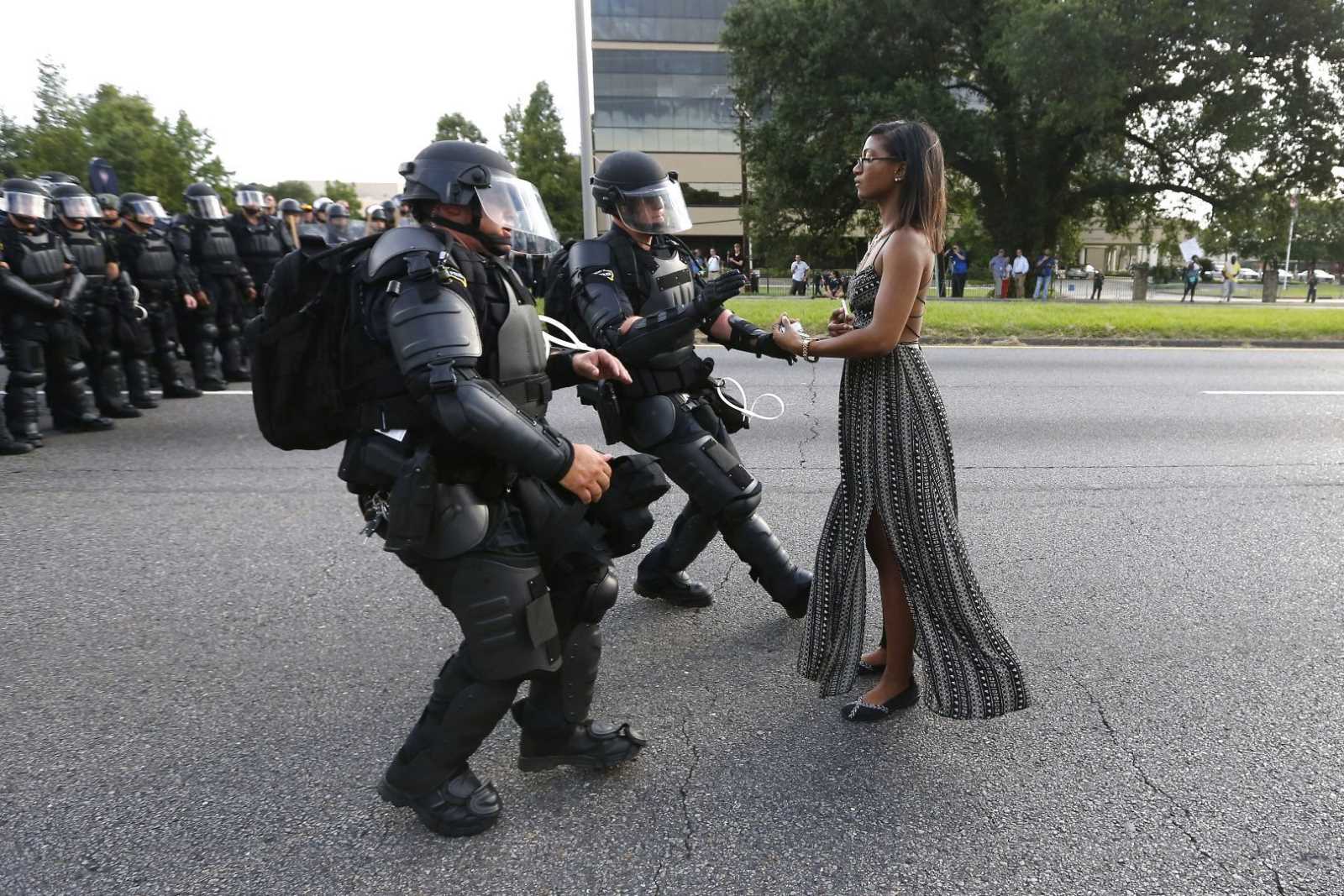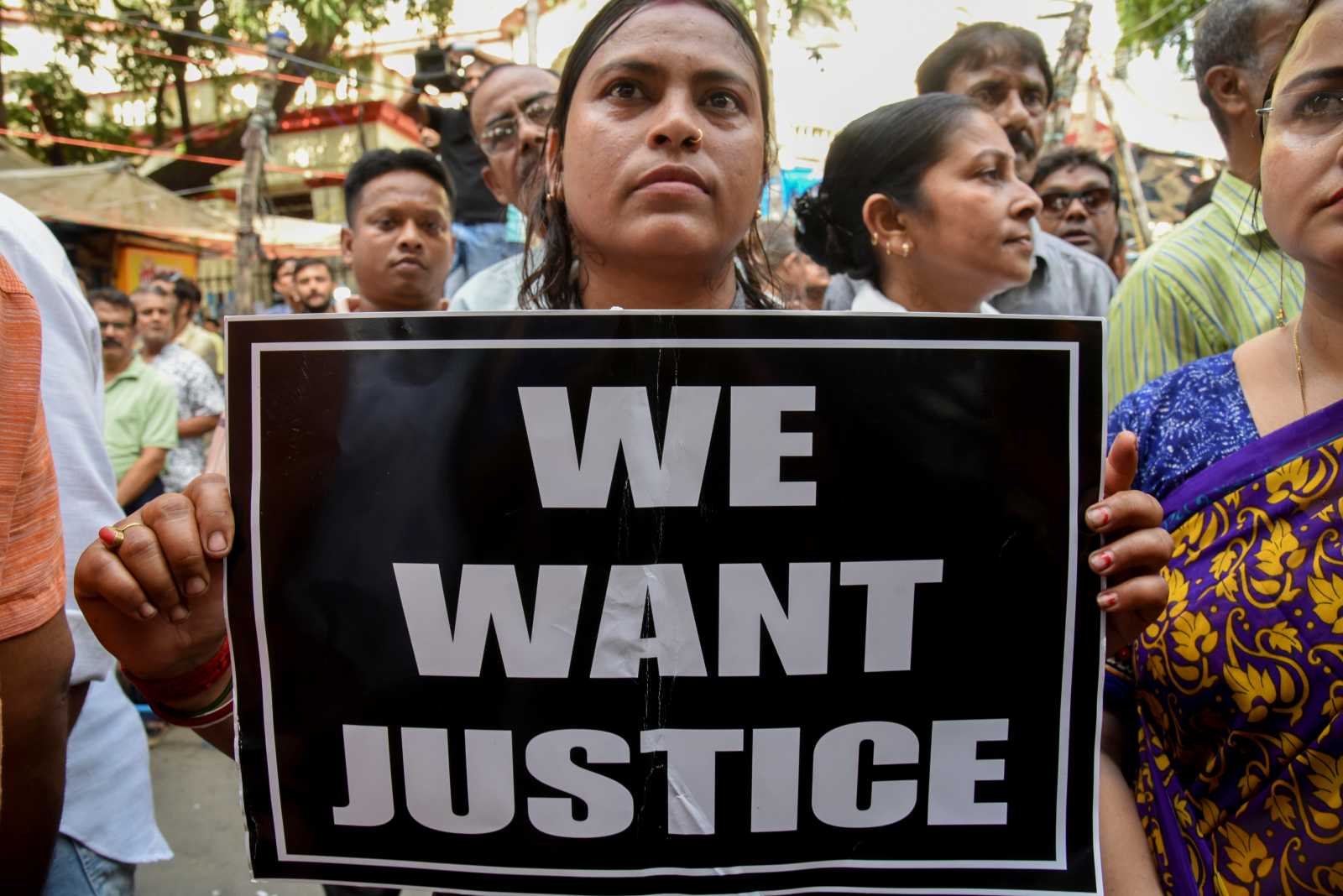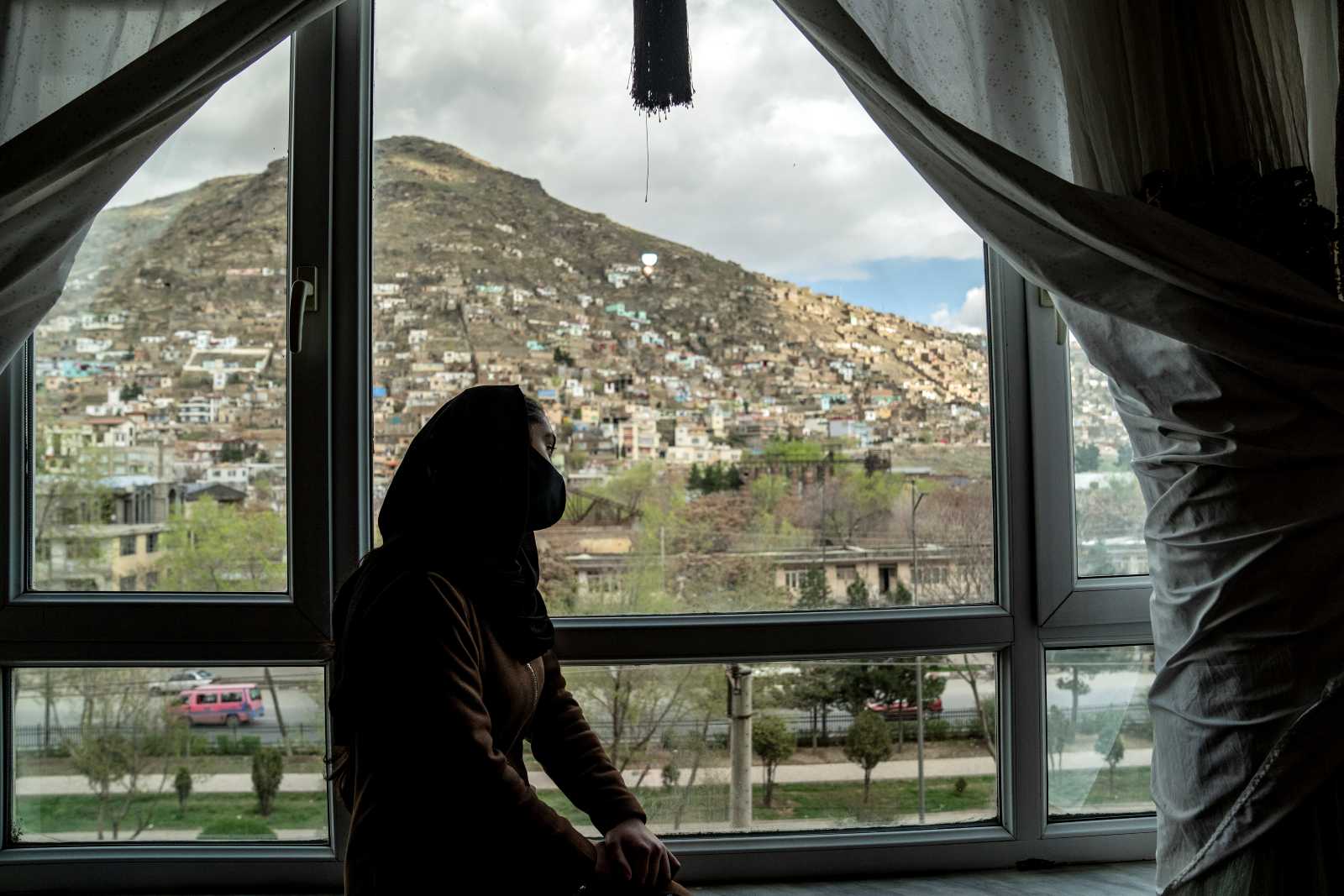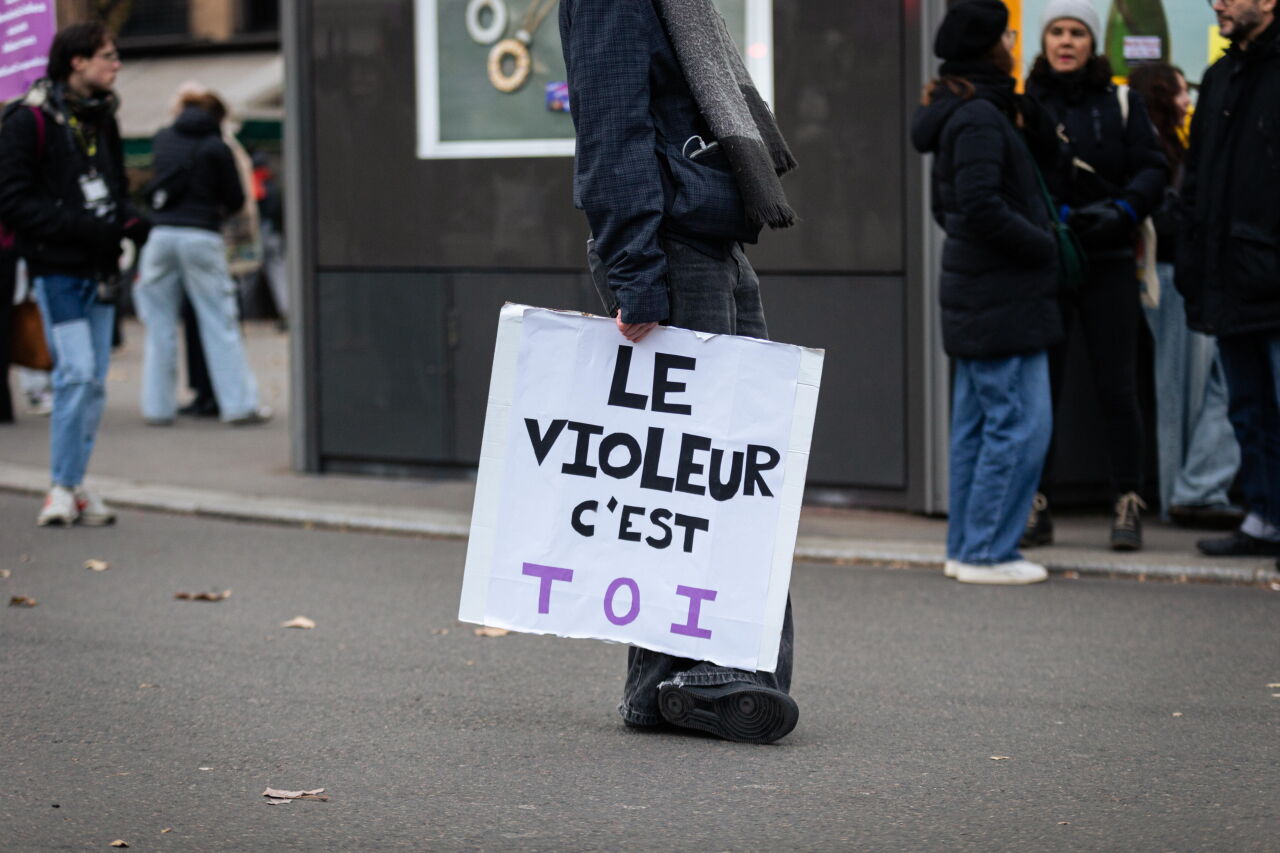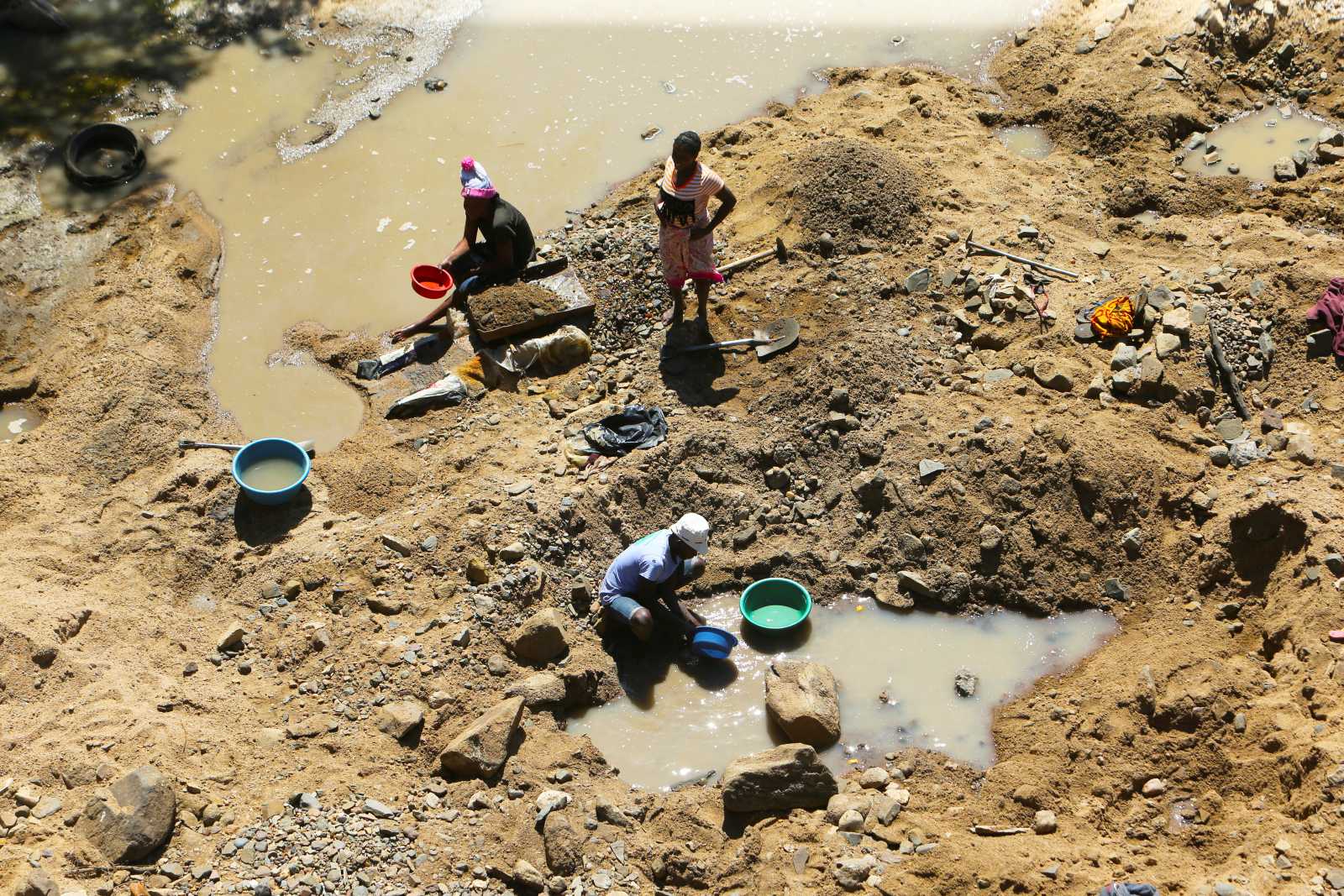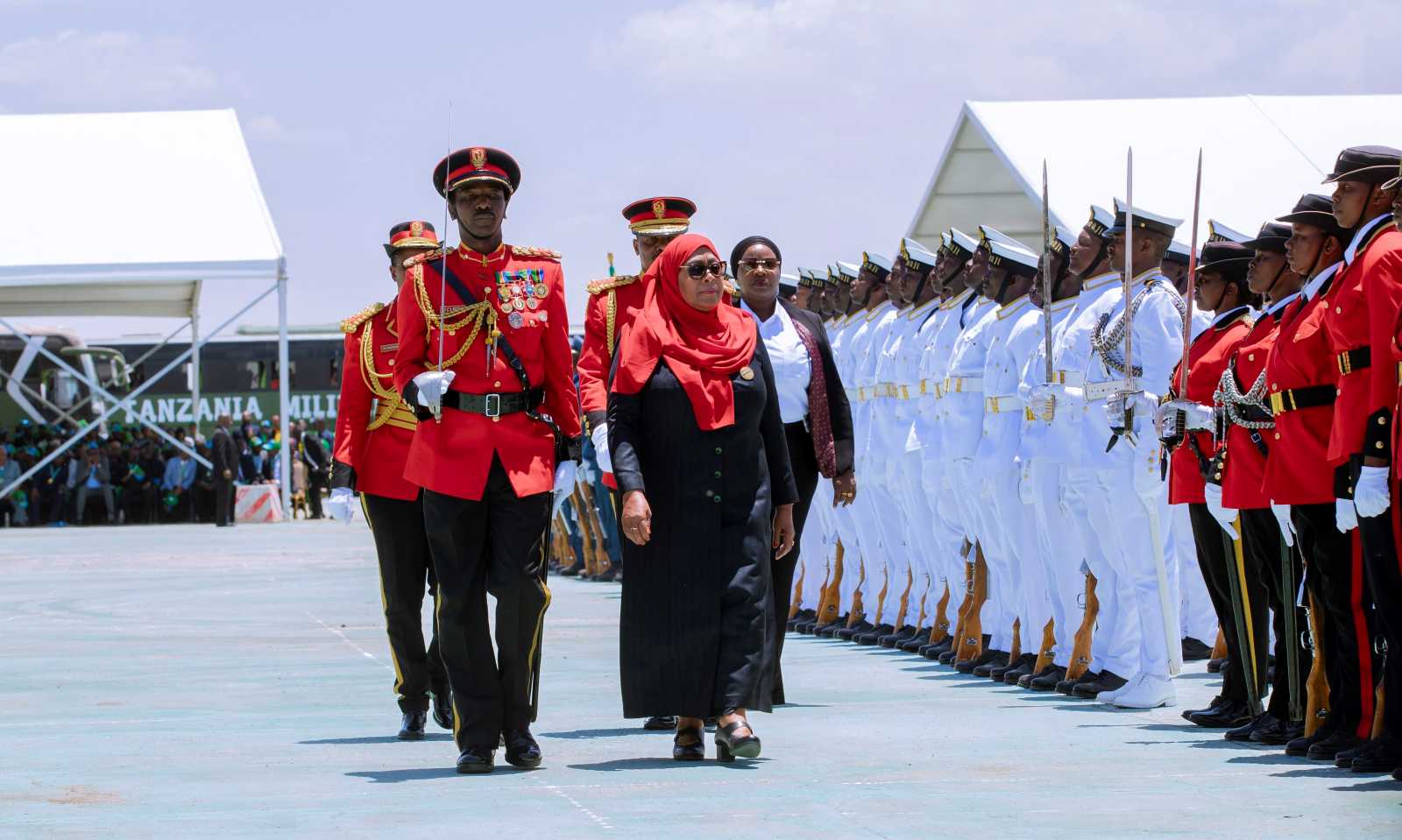Gender equality
A woman in power does not automatically guarantee gender equality
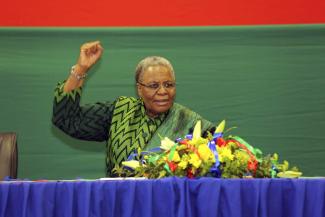
In November last year, Namibia elected Netumbo Nandi-Ndaitwah as its first woman president. Alongside Nandi-Ndaitwah, Lucia Witbooi was appointed vice president and Saara Kuugongelwa-Amadhila became the first woman to lead Parliament. Eight ministerial posts were given to women. This is a historical moment not only for Namibia.
An international comparison underscores the country’s progress: In the Global Gender Gap Report 2024 by the World Economic Forum, Namibia ranks first in gender equality among all the countries in Africa and eighth worldwide. Relevant factors include a progressive government that guarantees equal rights, as well as legislation aimed at women’s advancement.
In her inaugural address in March, the new president emphasised that her election was based on achievement, not gender. “As women,” she said, “we should not ask to be elected to positions of responsibility because we are women, but because we are capable members of our societies to hold those positions.” She also stressed that achieving gender equality is an ongoing process worldwide.
Women’s empowerment has high priority in the programme of her party, the South West Africa People’s Organisation (SWAPO), and will now serve Nandi-Ndaitwah as a policy guideline. For instance, she wants to improve access to land, credit, markets and jobs; fight violence against women and strengthen women’s entrepreneurial skills. Another area of focus is protection from gender-specific violence, with help from specialised police units, for example.
Civil-society doubts
Civil-society voices point out, however, that formal equality does not automatically lead to true participation. Liz Frank, activist and director of the Women’s Leadership Centre Namibia, has criticised the fact that the share of women in Parliament has fallen to 33 %. She is calling for a law that obliges political parties to promote equality.
Despite the presence of women in government positions, the president’s first staffing decisions represent setbacks. The 50/50 principle was ignored when regional governors were appointed: six out of seven of the new posts went to men. All the other governors are men, too. Frank considers this a sign that equality is not being systematically pursued.
Brigit May Loots, a Namibian consultant who specialises in gender and social development, stresses that many Namibian women experience little in the way of equality: unemployment, sexual violence and limited access to reproductive healthcare shape their reality. According to Loots, every fourth woman has been affected by intimate partner violence; every fifth woman between the ages of 15 and 19 has already been pregnant.
Another target for criticism is the president’s attitude towards equality for sexual minorities. The state leadership’s rejection of rights for lesbian women contrasts with its general equality rhetoric.
James Itana, the director of Regain Trust, a civil-society organisation that aims to empower women and girls in Namibia, further urges that boys and men be included in equality strategies. According to him, boys and men have experienced a decline in educational opportunities and mental health, which is reflected in high suicide rates.
The challenge for the new government will now be to convert political successes into structural progress. This includes targeted measures to support disadvantaged women, such as women with disabilities, women living in rural regions or women from marginalised communities like the San or Ovahimba. Only when political representation is accompanied by true participation can Namibia fully realise its potential as a pioneer in matters of gender equality.
Clemence Manyukwe is a Zimbabwean journalist who writes mainly about human rights and governance issues.
charindapanze2020@yahoo.com


